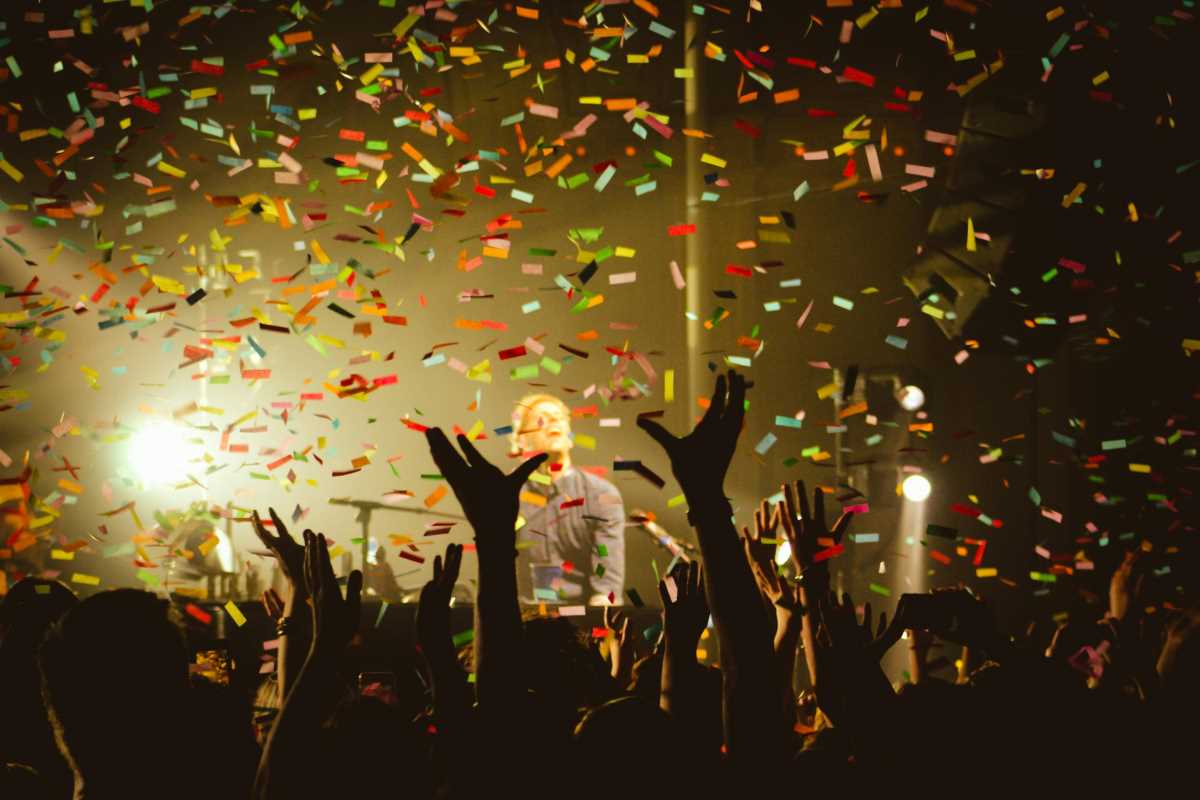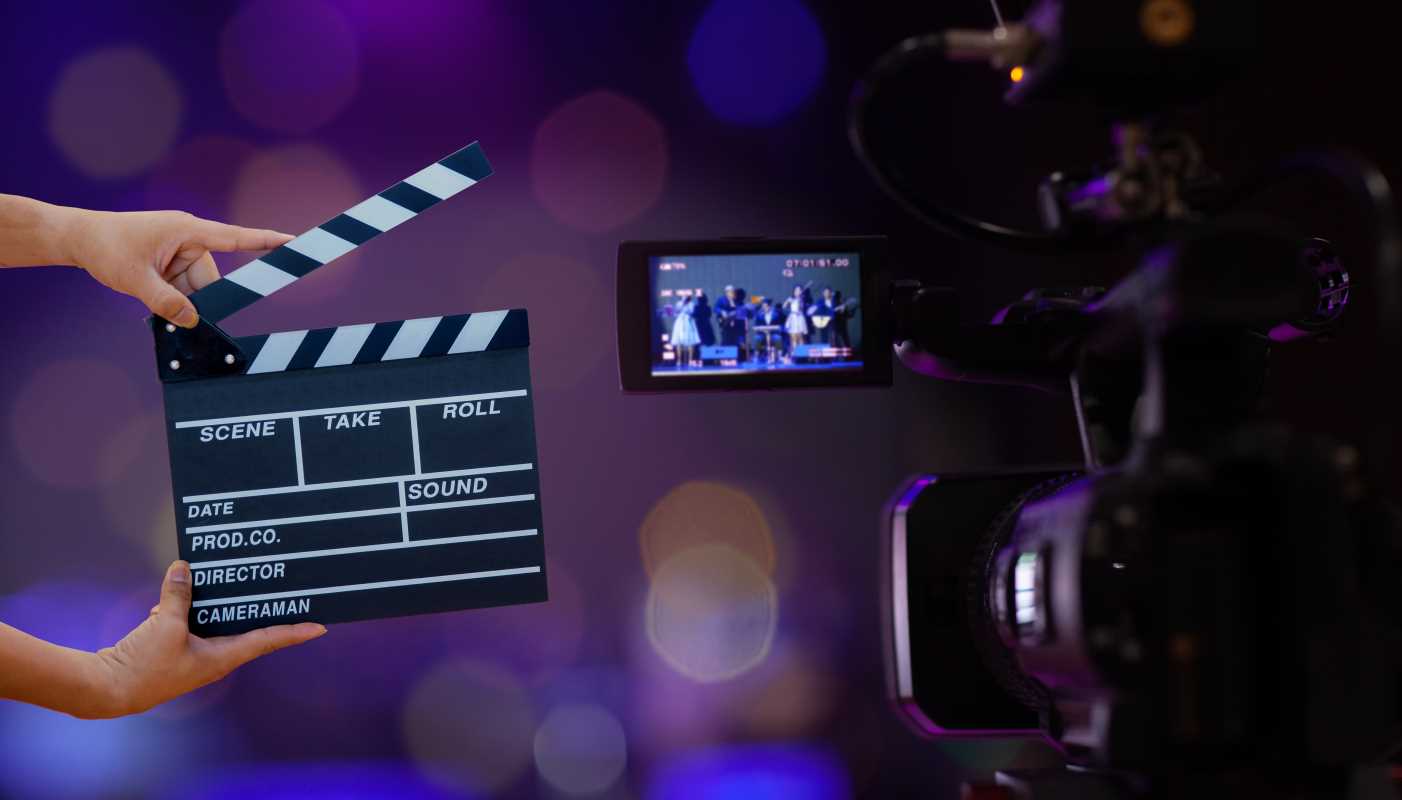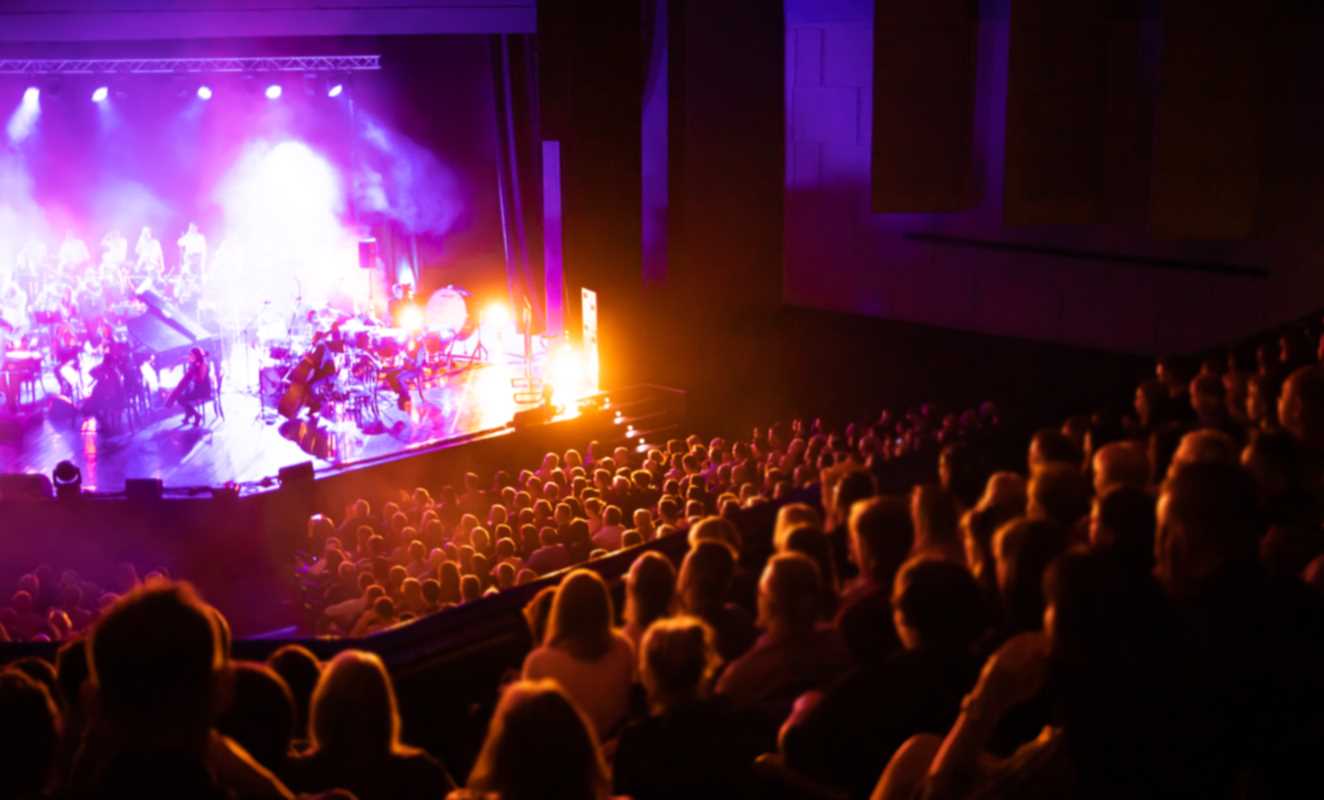Horror has long been a genre that reflects society's deepest fears while pushing the boundaries of storytelling. Over the last decade, a wave of modern horror movies has reinvented the genre, combining psychological depth, innovative narratives, and cultural relevance. These films transcend traditional jump scares and gore, offering layered stories that resonate deeply with audiences. Here are a few standout modern horror films that seem destined to be remembered as classics in the years to come.
1. Get Out (2017) - A Cultural Horror Masterpiece
Jordan Peele’s Get Out is a film that redefined what horror could be. Combining sharp social commentary with edge-of-your-seat suspense, the movie explores racism through the lens of psychological horror. The story follows Chris, a Black man visiting his white girlfriend’s family, only to discover their seemingly liberal facade hides a chilling secret.
What sets Get Out apart is its ability to weave horror and cultural critique seamlessly. Peele uses symbolism and subtle details to create a pervasive sense of unease, whether it’s through the unnervingly polite yet robotic behavior of the house staff or the sinister auction scene. The Sunken Place—an eerie mental prison where Chris is trapped—has become a cultural metaphor for the silencing and marginalization of Black voices.
The impact of Get Out on the genre cannot be overstated. It made horror deeply relevant again, showing that the genre could tackle societal issues head-on while still being a box-office success. Its influence can already be seen in films that explore race, identity, and systemic oppression, such as Candyman (2021). For its innovation and resonance, Get Out is a modern classic in the making.
2. Hereditary (2018) - A Family Tragedy Turned Nightmare
Ari Aster’s Hereditary is another modern horror masterpiece that feels predestined for iconic status. The film starts as a harrowing family drama, dealing with grief, loss, and unresolved trauma, before descending into an utterly disturbing tale of supernatural horror. It tells the story of the Graham family as they unravel after a series of tragic events, uncovered secrets, and the presence of a sinister force.
The brilliance of Hereditary lies in Aster’s storytelling precision and the gut-wrenching performances, especially from Toni Collette. Her role as Annie, a grieving mother teetering on the edge of sanity, is unforgettable and haunting. From its shocking twists to the chillingly methodical way it builds tension, Hereditary leaves an impression that lingers long after the credits roll.
The film’s deliberate pacing and reliance on atmosphere have influenced a growing subgenre often referred to as "elevated horror," prioritizing psychological depth over cheap scares. It’s a film that demands to be revisited, with fans dissecting its themes, symbols, and hidden details. Over time, Hereditary will become a touchstone for how horror can be intelligent, devastating, and terrifying all at once.
3. The Witch (2015) - A Folk Tale of Dread
Robert Eggers’ The Witch is a haunting exploration of Puritan paranoia and the psychological effects of fear and isolation. Set in the colonial wilderness of 1630s New England, the film follows a family banished from their community, only to face supernatural horrors that drive them apart. The movie is steeped in historical authenticity, from its dialogue to its stark production design, creating an immersive experience.
Eggers’ use of natural lighting, sparse music, and disquieting imagery makes The Witch a masterclass in atmosphere. The isolation of the family, paired with the ominous presence of a malevolent force lurking in the woods, builds an overwhelming sense of dread. Anya Taylor-Joy delivers a breakout performance as Thomasin, a young woman caught in the web of suspicion and hysteria.
Beyond its craftsmanship, The Witch has sparked a resurgence of folk horror, paving the way for films like Midsommar (2019) and The Wicker Man-inspired tales of collective madness and mythology. Its themes of oppression and the dark undercurrents of faith make it as thought-provoking as it is unsettling. It’s a film that feels timeless, destined to be analyzed and revered for years to come.
4. Midsommar (2019) - Horror in Broad Daylight
Ari Aster makes his second appearance on this list, and for good reason. Midsommar is a rare horror film that feels entirely unique, taking place in the unrelenting brightness of Scandinavia's midnight sun. The plot follows Dani, a grieving woman who travels with her boyfriend and his friends to a secluded Swedish commune, only to uncover the cult’s chilling rituals.
What makes Midsommar unforgettable is its juxtaposition of beauty and horror. The stunning cinematography and vibrant colors are intentionally disarming, camouflaging the brutal events that unfold. At its core, the movie is about emotional trauma, toxic relationships, and the human need for connection, making it as much a breakup drama as a horror film. Dani’s cathartic scream during the maypole dance and the shocking final act ensure the film stays etched in viewers’ minds.
By proving that daylight can be as terrifying as darkness, Midsommar subverts expectations and solidifies its status as a game-changer in modern horror. Its influence on the genre is only beginning to take root.
Why These Films Matter
These modern horror films stand out not just for their scares but for their willingness to push boundaries. They tap into deeply personal and societal issues, elevating the genre beyond mere entertainment. With their cultural relevance, innovative approaches, and artistic bravery, films like Get Out, Hereditary, The Witch, and Midsommar are shaping the future of horror.
The impact of these movies extends beyond their narratives. Filmmakers are increasingly inspired to create horror that engages viewers in new, meaningful ways. These films are already being heralded as milestones in contemporary cinema, and as time passes, they will undoubtedly cement their place as tomorrow’s classics.


.jpeg)




